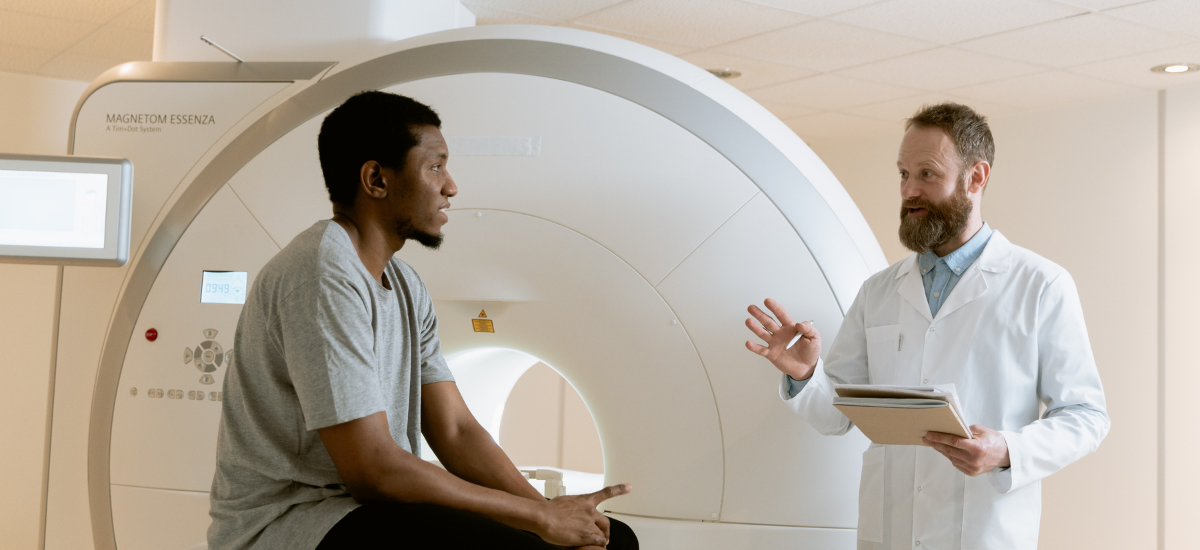Treatment of Heart Failure: New Guidelines Published
New guidelines offer important recommendations to physicians working with patients who suffer from heart...
Keep Reading
New guidelines offer important recommendations to physicians working with patients who suffer from heart...
Keep Reading
Recent research supports obstetric efforts to treat hypertension before or during the early stages...
Keep Reading
Better utilization of medical staff during virtual visits could boost patient outcomes. Telehealth is...
Keep Reading
Following a court challenge, a California Court of Appeals upheld a $300 million judgment...
Keep Reading
The process for transferring a patient from one provider to another can cause serious...
Keep Reading
A study from the UK points to ubiquitous, but often preventable medication errors in...
Keep Reading
The devastation of the opioid crises continues, and so do Sackler family efforts to...
Keep Reading
New research on the radiology experiences of patients takes a look at a different...
Keep Reading
New research looks at how the dramatic jump in telemedicine due to the COVID-19...
Keep Reading
Postpartum hemorrhage (PPH) is the leading cause of maternal morbidity in the US and...
Keep Reading